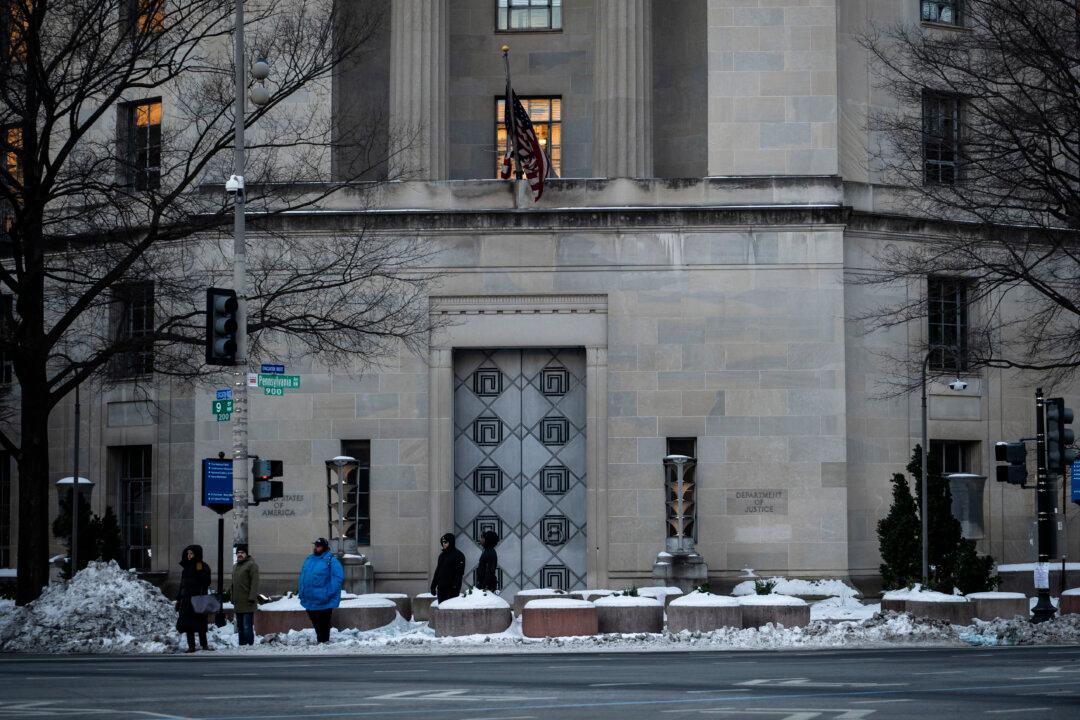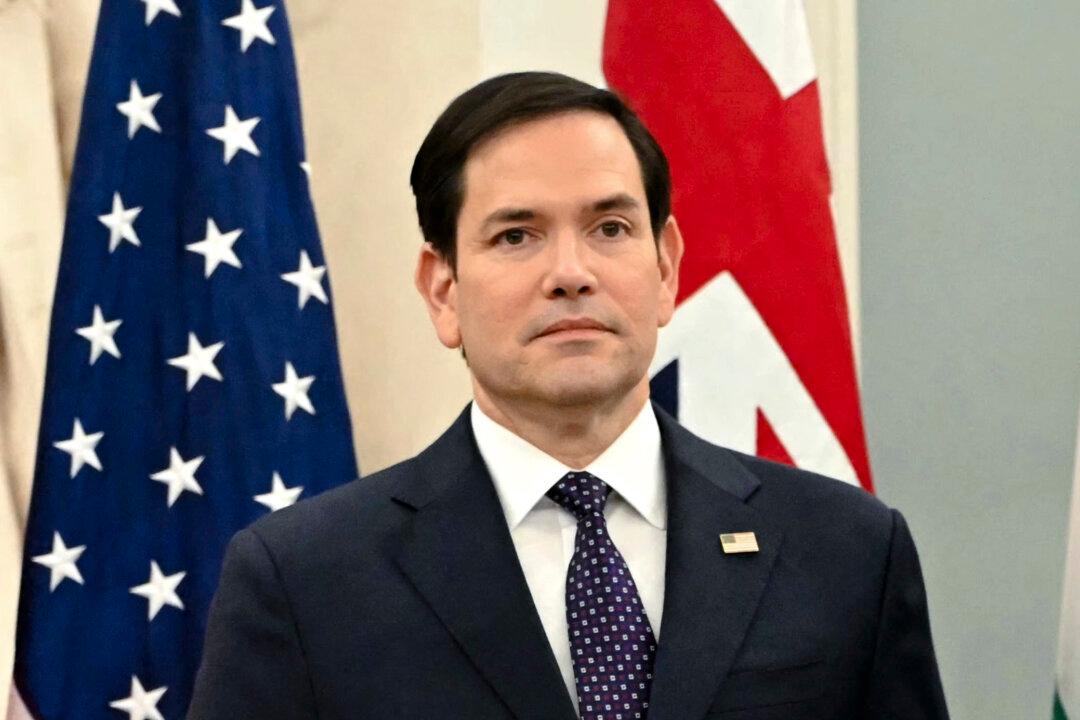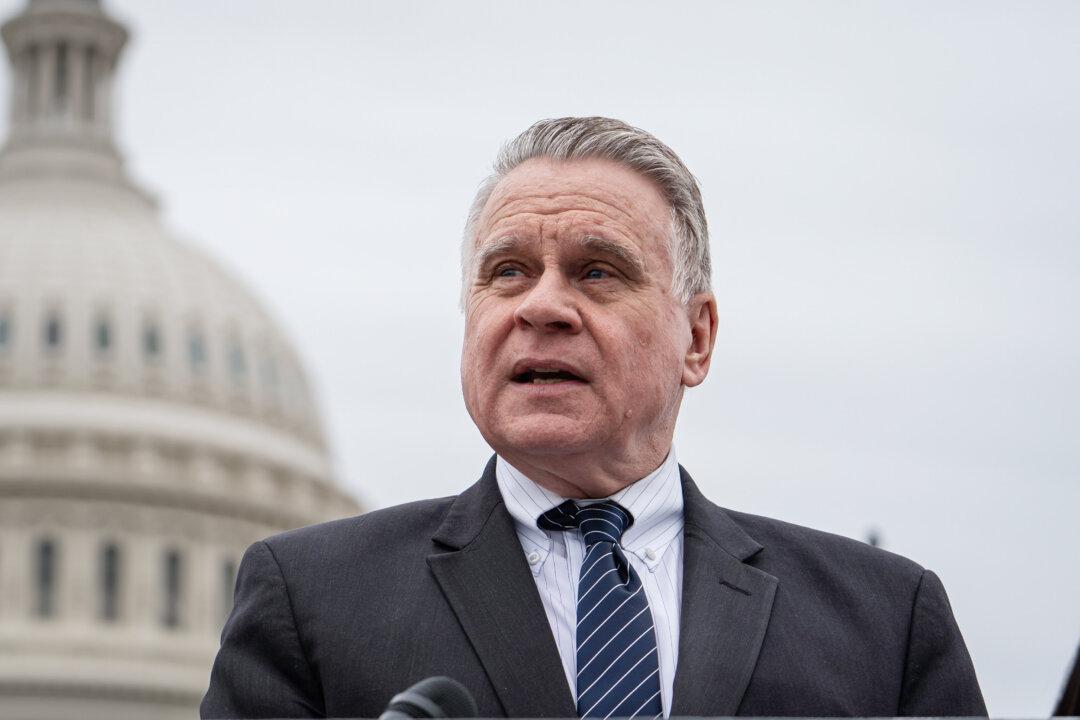The U.S. Senate Committee on Foreign Relations unanimously passed the TAIPEI Act on Sept. 25, moving forward a bill that would bolster Taiwan’s ability to fend off China’s diplomatic bullying.
It will also allow the U.S. secretary of state to modify the United States’ diplomatic relations with, and foreign assistance to, countries that alter or downgrade official or unofficial ties with Taiwan.
The draft legislation also calls for the U.S. administration to negotiate a free-trade agreement with Taiwan.
The passing of the U.S. bill comes at a critical time for Taiwan—the island lost two allies, the Solomon Islands and Kiribati, to Beijing earlier this month.
Beijing considers Taiwan a renegade province that should be united with the mainland, with military force if necessary, even as the island is a de facto independent country with its own military and democratically elected officials.
The Chinese regime has thus taken different tactics to diminish Taiwan’s legitimacy as a state. In recent years, it has lured away Taiwan’s diplomatic allies with Chinese investment and loans—what critics called “dollar diplomacy.”
“The United States should use every tool to support Taiwan’s standing on the international stage,” he said. The bill will be sent to the Senate floor; the House of Representatives will also need to approve the bill before it can be signed into law by the president.
Taiwan has lost seven allies since 2016: El Salvador, Burkina Faso, the Dominican Republic, Panama, São Tomé and Príncipe, the Solomon Islands, and Kiribati.
Ou added that Beijing is trying to force Taiwan to accept the “one country, two systems” model, by luring away the Solomon Islands and Kiribati. She said that Taiwanese have been “strongly appalled” by Beijing’s diplomatic pressure.
Chinese leader Xi Jinping has proposed that Taiwan be united with the mainland under the same framework currently used in Hong Kong, a former British colony that reverted to Chinese rule in 1997.
Continued Threat
Taiwan President Tsai Ing-wen, while speaking to the press on Sept. 26, warned that Beijing may try more repressive moves against Taiwan in an attempt to meddle in upcoming elections. She said she has told Taiwanese government officials in the diplomatic sector to do all they can to secure Taiwan’s diplomatic allies.Taiwan will hold its 15th presidential election on Jan. 11, 2020. Tsai—a member of the Democratic Progressive Party (DPP), which traditionally advocates for the island to formally declare independence from the mainland—is running for reelection.
On the same day, all 113 seats of the island’s parliament (known as the Legislative Yuan) will be up for election.
Pressuring nations to sever ties with Taiwan places economic and diplomatic pressure on the DPP; Beijing is effectively swaying public opinion against DPP candidates and in favor of the Kuomintang (KMT), which has a pro-Beijing platform.
Those measures were designed to turn around the current presidential campaign, as Tsai leads in opinion polls over KMT candidate Han Kuo-yu, NSC said.





